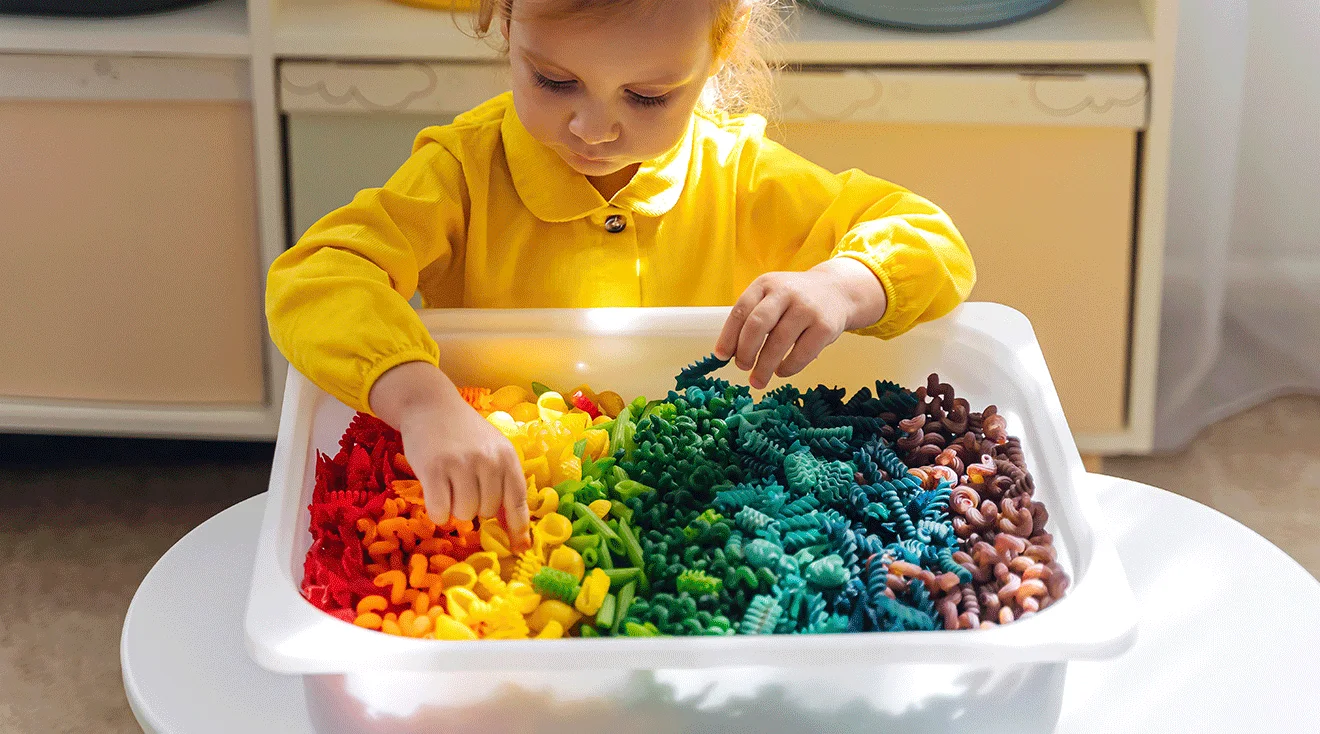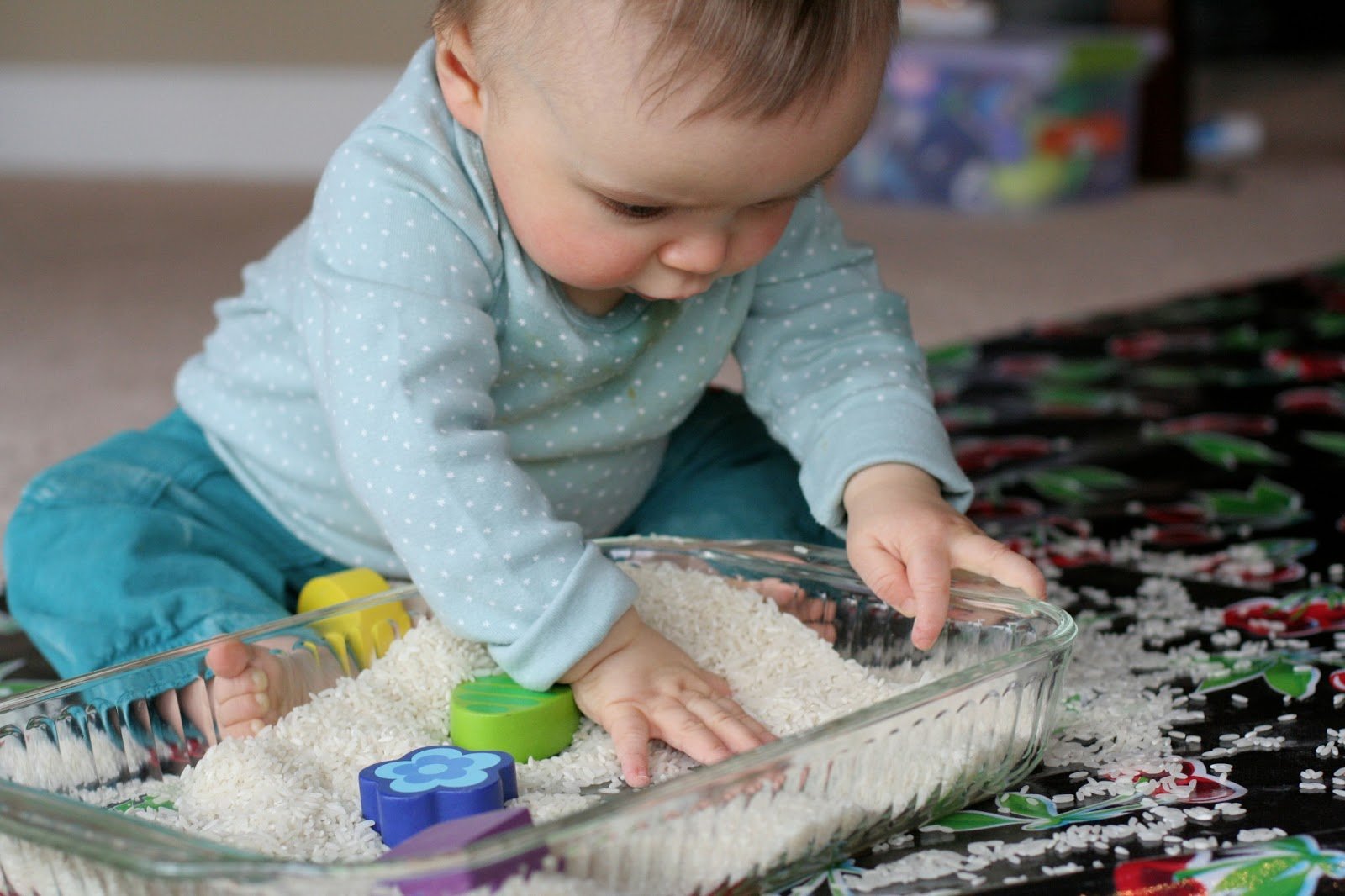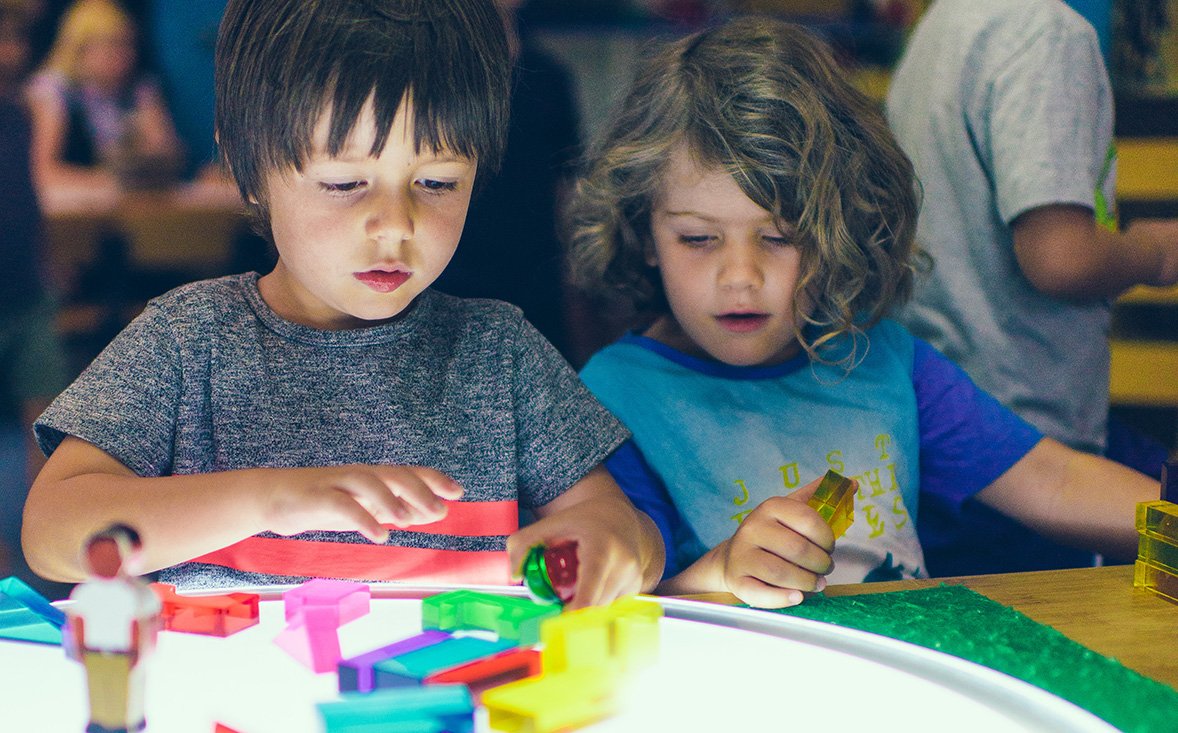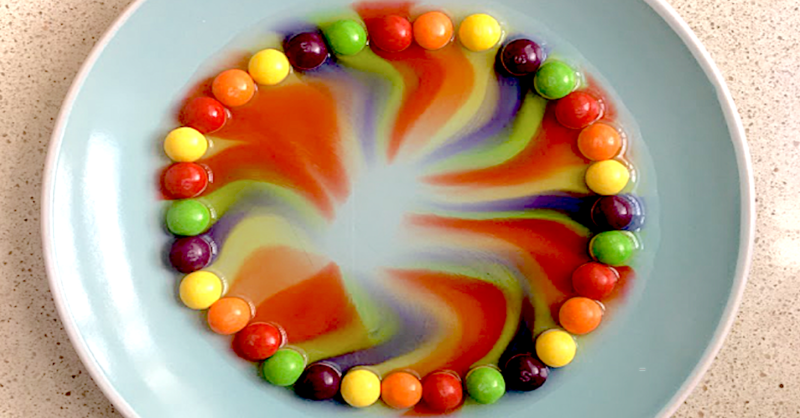Sensory play is a fantastic way to help babies develop their cognitive skills, fine motor abilities, and overall curiosity about the world. By engaging their senses—sight, touch, sound, smell, and sometimes taste—you create an environment that fosters learning and exploration. Let’s dive into some of the best sensory play ideas for your little one!
Why Sensory Play is Essential for Babies
Sensory play helps build connections in the brain that promote cognitive, physical, and emotional growth. It can:
- Enhance problem-solving skills
- Improve hand-eye coordination and fine motor skills
- Encourage curiosity and creativity
- Support language development as babies explore new textures, sounds, and smells
Sensory Play Ideas for Babies
1. Textured Play Mats
A textured play mat introduces babies to a variety of surfaces like smooth, bumpy, or soft fabrics. Encourage tummy time or crawling on the mat to develop gross motor skills.
Materials:
- Soft blankets
- Textured fabrics (corduroy, silk, velvet)
2. Water Play
Introduce water in a shallow container and let babies explore splashing, pouring, or feeling the cool liquid. Add floating toys to stimulate curiosity.
Tip: Always supervise water play for safety.
Materials:
- A shallow tub
- Rubber ducks or foam shapes
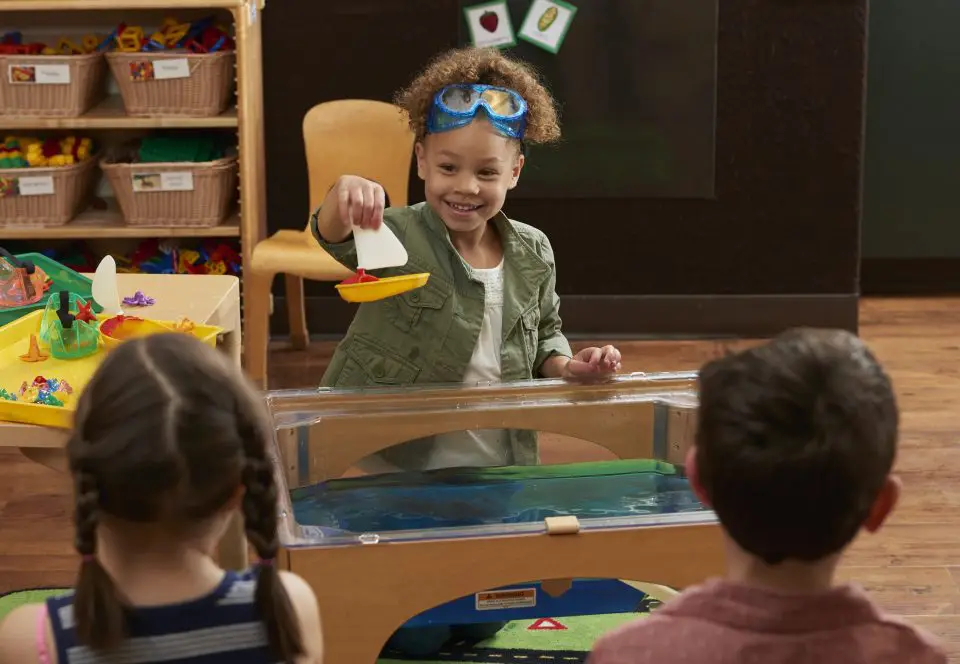
3. Sensory Bottles
Fill clear plastic bottles with items like glitter, beads, or rice to create mesmerizing visual and auditory experiences.
Activity: Shake the bottles to demonstrate cause and effect, helping babies understand action and reaction.
4. Baby-Safe Edible Finger Paints
Let babies explore colors and textures with edible paints made from yogurt and natural food coloring.
Developmental Benefits: Enhances creativity and fine motor skills.
Recipe: Mix plain yogurt with drops of food-safe coloring.
5. DIY Sensory Bags
Fill resealable bags with gel, beads, or small toys for squishy, tactile fun. Securely tape the edges to prevent spills.
Materials:
- Hair gel
- Small plastic toys or colorful beads
6. Nature Exploration Baskets
Introduce your baby to natural textures by filling a basket with baby-safe items like pinecones, leaves, or smooth stones.
Developmental Benefits: Builds sensory awareness and curiosity about nature.
Safety Note: Ensure items are clean and large enough to prevent choking hazards.
7. Sound Play
Create simple musical instruments like shakers or drums to stimulate auditory senses. Babies love to explore the different sounds they can make!
Materials:
- Plastic containers filled with rice or beans
- Wooden spoons and pots
8. Bubble Play
Blow bubbles for your baby to watch, reach for, and pop. The movement and shimmering colors are fascinating for young minds.
Developmental Benefits: Encourages tracking with eyes and improves hand-eye coordination.
9. Scented Play Dough
Introduce gentle, baby-safe scents like vanilla or lavender by adding them to homemade playdough.
Recipe: Combine flour, water, salt, and a few drops of food-safe essential oils.
10. Mirror Play
Place an unbreakable mirror at your baby’s level to let them observe their reflection. This activity enhances self-awareness and visual tracking.
Materials:
- Baby-safe mirror
Tips for Sensory Play
- Follow Your Baby’s Lead: Allow them to explore at their own pace.
- Keep It Simple: Overloading with too many options can overwhelm a baby.
- Supervise at All Times: Always ensure your baby is safe during play.
- Rotate Activities: Keep the experience fresh by introducing new sensory materials.
Benefits of Sensory Play for Cognitive Development
- Language Skills: Exposure to new textures and sounds provides opportunities for parents to introduce descriptive words.
- Problem-Solving: Activities like sensory bags encourage babies to figure out how objects move or interact.
- Fine Motor Skills: Handling small objects or squishy textures strengthens hand muscles and coordination.
- Emotional Growth: Sensory play can be soothing and help babies explore their emotions.
Conclusion
Incorporating sensory play into your baby’s daily routine is a wonderful way to encourage cognitive development while creating joyful memories. From textured mats to water play and sensory bottles, these activities are simple, affordable, and engaging.
Start small, adapt to your baby’s preferences, and watch them explore the world with curiosity and wonder.







